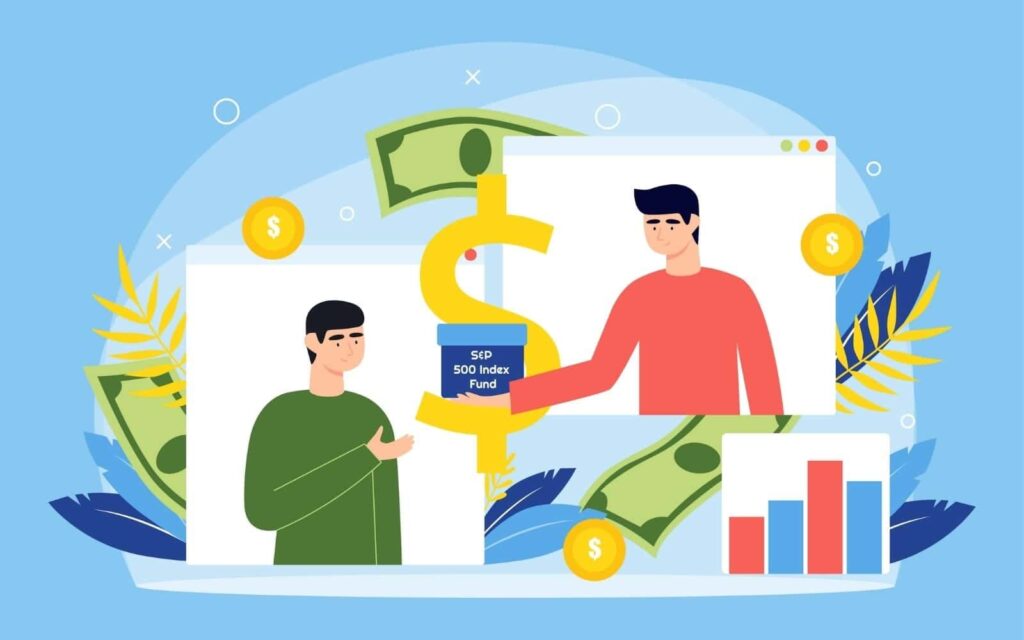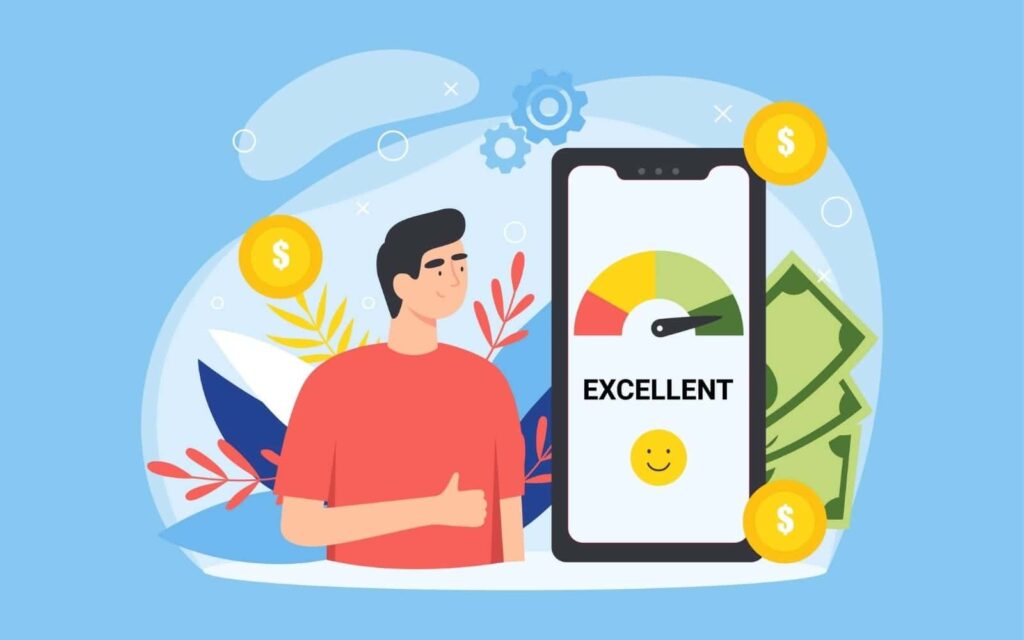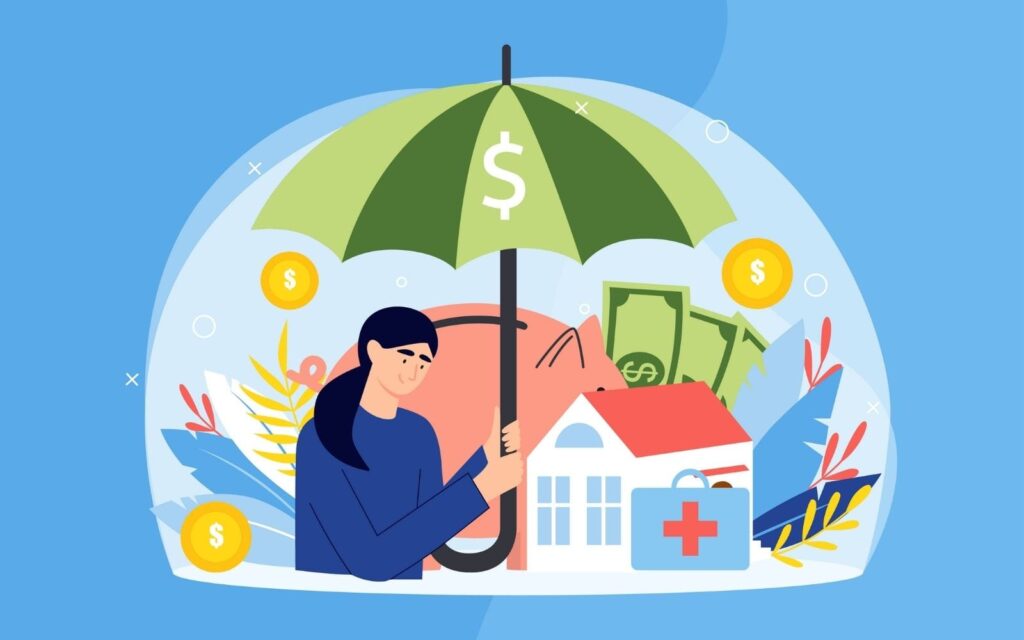Disclosure: This post may contain affiliate links. If you click on a link I may make a small commission at no extra cost to you. You can read the full disclosure here.
Last Updated on December 7, 2023 by Chris Panteli
Soft saving explained

Recent studies and social media trends show that newer generations are focusing less on saving a large chunk of their income for the future, and instead preferring to spend it now to enjoy the present moment.
According to the Prosperity Index Study by Intuit, 3 in 4 Gen Z would rather have a better quality of life than extra money in their banks.
Termed “soft saving,” this trend is “the opposite of the hustle culture and FIRE (financial independence, retire early) mentality,” says Georgia Galloway from Finbri, a UK-based finance broker. “Spending money on experiences, and gradual, flexible contributions to savings are preferred over specific percentages of wages being put away every month in an account you’re not allowed to touch.”
Some experts like Krystle McGilvery, founder and director of Mind Over Money Consultancy, believe the trend stems from the increased anxiety over today’s rapidly changing economy. “When people are struggling with their day-to-day lives or feeling insecure due to uncertainty, focusing on the present can provide immediate temporary relief.” This can offer a sense of control over your finances at a time when widespread layoffs, unaffordable housing, and high inflation make everything seem unmanageable.
The trend seems to have grown after events like the pandemic which “reminded us all that tomorrow is not promised, further promoting the idea of experiencing as much as one can now instead of being frugal and waiting for another time,” says Kristina Mello, senior financial advisor and director of financial planning at StrategicPoint Investment Advisors.
Benefits of soft saving
Though the trend may seem reckless at first, finance experts say it comes with various benefits if balanced with some long-term savings strategy.
“The biggest positive I see is that you get to live your life here and now without having to wait decades to realize your dreams and desires,” says Indre Butkeviciute, founder of Lily Advisory, a financial education platform for women. “Who knows, by the time you’re old and ready to retire, your health might not be up for all those adventures.”
Think of it as saving millions for a fun retirement but unexpectedly dying in your 40s with no enjoyable life experiences because you saved all the nice things for a “later” that never came.
Soft saving could also help you have a healthier relationship with money, Galloway says. “Rather than seeing your income as something that needs to be saved at all times, and not allowing yourself to spend money on things that are deemed ‘unnecessary’ and feeling a sense of deprivation, soft savings allows you to spend money on things and experiences that bring you joy, while still putting some money away for the future.”
The downsides of soft saving
As with any other finance trend, this one’s not without cons. It’s obviously a risky approach if taken too far.
“The relaxed attitude towards saving can bring a risk of financial instability for the future,” Galloway says. “You might not be aiming for early retirement, but a lack of savings can make it tricky when retirement age does arrive, or if you have a sudden change in circumstances like a job loss.”
As Mello says, “It is a gamble to assume that job security and health will always be there later in life when they plan on saving.”
In addition, for many, living this kind of lifestyle may mean giving up on financial milestones like buying a house or retiring, says Michelle Delker, CFO and CPA, working at The William Stanley CFO Group. Moreover, soft saving means people can’t maximize potential returns on early investment, leaving them more vulnerable to market fluctuations, she adds.
This can be disastrous. People need a long-term vision about how they plan to navigate these unexpected challenges, especially now with increasing life expectancy and changes in the economy and job market, Delker adds.
Advice for anyone trying soft saving
Then what’s the answer? Should you or should you not try soft saving? Well, the key is balance.
“It’s important to balance immediate desires with future needs,” McGilvery says. “Take time to be aware of the cognitive biases at play, such as present bias, where we focus on immediate rewards over future gains.”
The approach can work if you implement it strategically without completely abandoning future planning, Butkeviciute says. “It’s about adopting a balanced approach that accommodates both present enjoyment and a realistic savings strategy.”
To do this, Galloway suggests having at least a rough budget to track your spending so you understand how much you can comfortably save and how much you would want to spend. You can reduce the time it takes to think about this by using automation. “Set up automatic savings and round-up accounts so you can save a little each day, week, or month, without really noticing,” she says.
It’s a mindset shift, really. Instead of thinking of money as something to spend or save, think about what you want it to do for you. As Kerrie Carden, founder and CEO of Equip Advisory says, “Remember that the primary job of money is to help us buy time and give us choices. When you balance today’s wants against tomorrow’s needs, you’re ensuring that your money can give you time and choices for as long as you require.”







